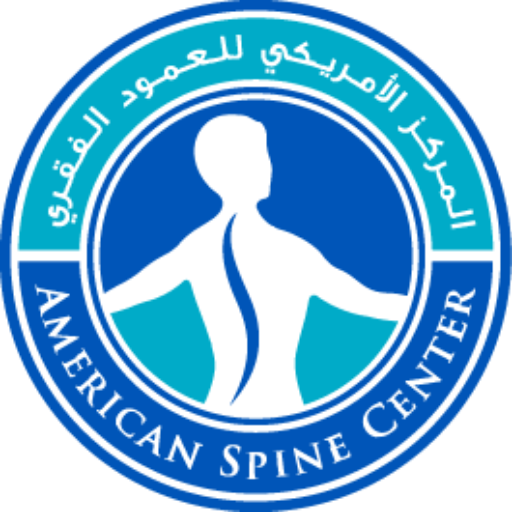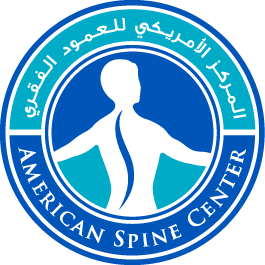Neurosurgery Department
Our board-certified neurosurgeons are experienced in both traditional and minimally invasive procedures designed to address complex brain, spine, and nerve disorders. Committed to enhancing quality of life, our multidisciplinary approach focuses on precise diagnosis, effective treatment, and ongoing support.
Conditions We Treat
- Brain Tumors (benign and malignant)
- Spinal Cord Tumors
- Herniated Discs and Degenerative Disc Disease
- Spinal Stenosis
- Traumatic Brain Injury (TBI)
- Peripheral Nerve Disorders (e.g., carpal tunnel syndrome)
- Epilepsy and Seizure Disorders
- Hydrocephalus
- Trigeminal Neuralgia
- Chiari Malformation
- Aneurysms and Vascular Malformations
- Movement Disorders (e.g., Parkinson’s disease with Deep Brain Stimulation)
Procedures & Diagnostic Services
MRI and CT Scans
Electroence phalogram (EEG)
Spinal Tap (Lumbar Puncture)
Microsurgical Tumor Resection
Minimally Invasive Spine Surgery (MISS)
Craniotomy
Spinal Fusion and Decompression
Deep Brain Stimulation (DBS)
Endoscopic Neurosurgery
Frequently asked questions
Neurosurgeons manage a wide array of neurological disorders including brain and spinal tumors, degenerative spine diseases, traumatic brain injuries, epilepsy, hydrocephalus, and nerve compression syndromes. They also provide surgical treatment options for movement and chronic pain disorders.
Neurologists focus on diagnosing and treating nervous system disorders with non-surgical methods like medications and therapy. Neurosurgeons are specially trained to perform surgical interventions on the brain, spine, and peripheral nerves when necessary.
Diagnostic services include MRI, CT scans, EEG, and lumbar puncture. During surgeries, technologies such as neuronavigation and intraoperative monitoring are utilized to improve accuracy and patient safety.


